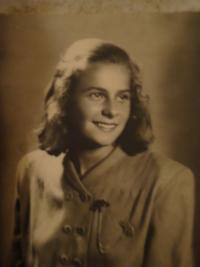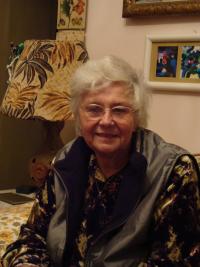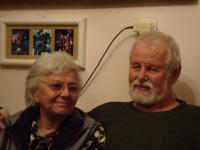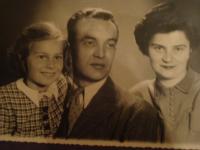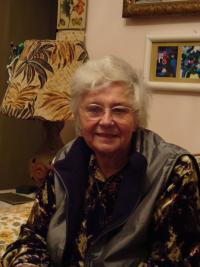“All my Jewish friends died in Terezín or they went to Auschwitz. My relatives from mother’s side all died apart from her two sisters who were married to Christians.”
Eva Sulamit Václavíková was born as Binnhacková on Feb. 27th 1933 in Strakonice. Her father Hugo Binnhack was Czech and her mother Ilona Kohn was of Jewish origin. In 1940, she was secretly baptized to avoid Nazi persecution. Her father was arrested in 1944 and jailed in the Bystřice camp near Benešov, the same year, her mother was taken to Theresienstadt. Eva’s uncle took care of her and they lived in a detached house near Kařez u Zbiroha (a village between Prague and Pilsen) where Eva stayed from 1944 till the end of the war. After the war, she worked as an x-ray laboratory technician.

